AP Psychology Exam Review
advertisement
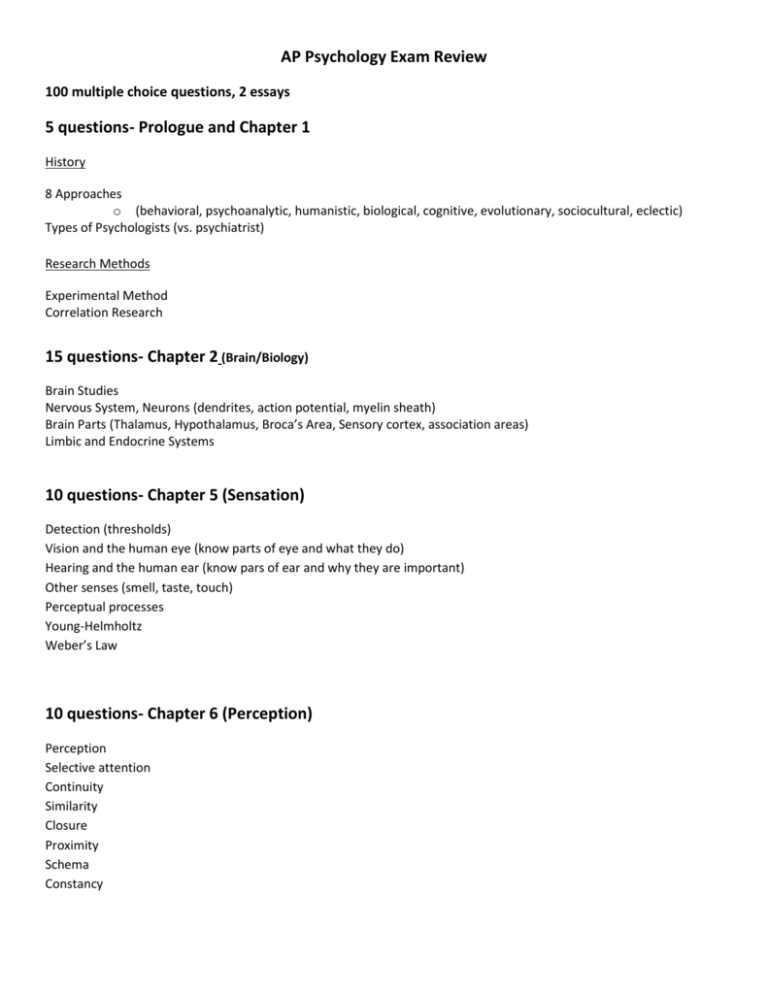
AP Psychology Exam Review 100 multiple choice questions, 2 essays 5 questions- Prologue and Chapter 1 History 8 Approaches o (behavioral, psychoanalytic, humanistic, biological, cognitive, evolutionary, sociocultural, eclectic) Types of Psychologists (vs. psychiatrist) Research Methods Experimental Method Correlation Research 15 questions- Chapter 2 (Brain/Biology) Brain Studies Nervous System, Neurons (dendrites, action potential, myelin sheath) Brain Parts (Thalamus, Hypothalamus, Broca’s Area, Sensory cortex, association areas) Limbic and Endocrine Systems 10 questions- Chapter 5 (Sensation) Detection (thresholds) Vision and the human eye (know parts of eye and what they do) Hearing and the human ear (know pars of ear and why they are important) Other senses (smell, taste, touch) Perceptual processes Young-Helmholtz Weber’s Law 10 questions- Chapter 6 (Perception) Perception Selective attention Continuity Similarity Closure Proximity Schema Constancy 10 questions- Chapter 7 (States of Consciousness) Levels of consciousness Hypnosis; meditation Sleep stages Sleep disorders Drugs (affects, types, tolerance, addiction, withdrawal) Behaviorism Functionalism Structuralism Gestalt Dreams 10 questions- Chapter 8 (Learning) Over-justification effect Watson Skinner Cognition Punishment Types of Learning 10 questions- Chapter 9 (Memory) Encoding Types of memory Retrieval Priming Relearning Rehearsal Automatic processing Spacing effect Misinformation effect Flashbulb memory 10 questions- Chapter 10 (Thinking and Language) Cognition Framing Overconfidence Heuristics Confirmation bias Belief bias Morphemes Semantics Syntax 10 questions- Chapter 12 (Motivation) Drives Instinct Incentives Set point Intrinsic vs. extrinsic motivation Anorexia Bulimia Obesity Hunger (hypothalamus, lateral, cerebellum) Sexual Motivation Sexual orientation Flow Kinsey study Maslow’s hierarchy of needs 10 questions- Chapter 15 (Personality) Personality Theories: Psychoanalytical, Trait, Humanistic, Social-Cognitive Freud Bandura Aldred Adler Carl Jung Carl Rogers Unconscious Self-actualization Self-concept Reciprocal determinism Learned helplessness Locus of control- internal vs. external
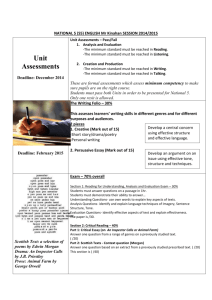
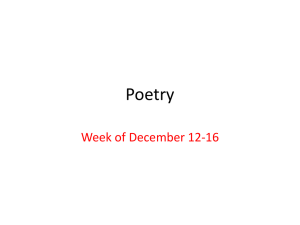

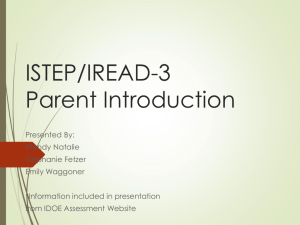
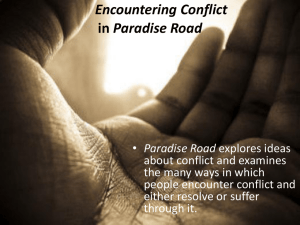
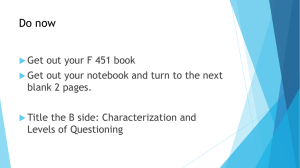


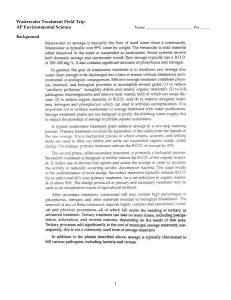

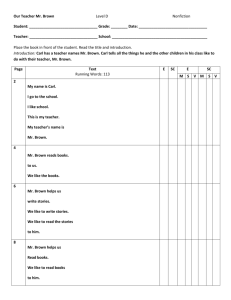
![Evidences_for_Evolution[1]](http://s2.studylib.net/store/data/005782474_2-92d918c9fbb15c5c4fb484555d2a0a0a-300x300.png)